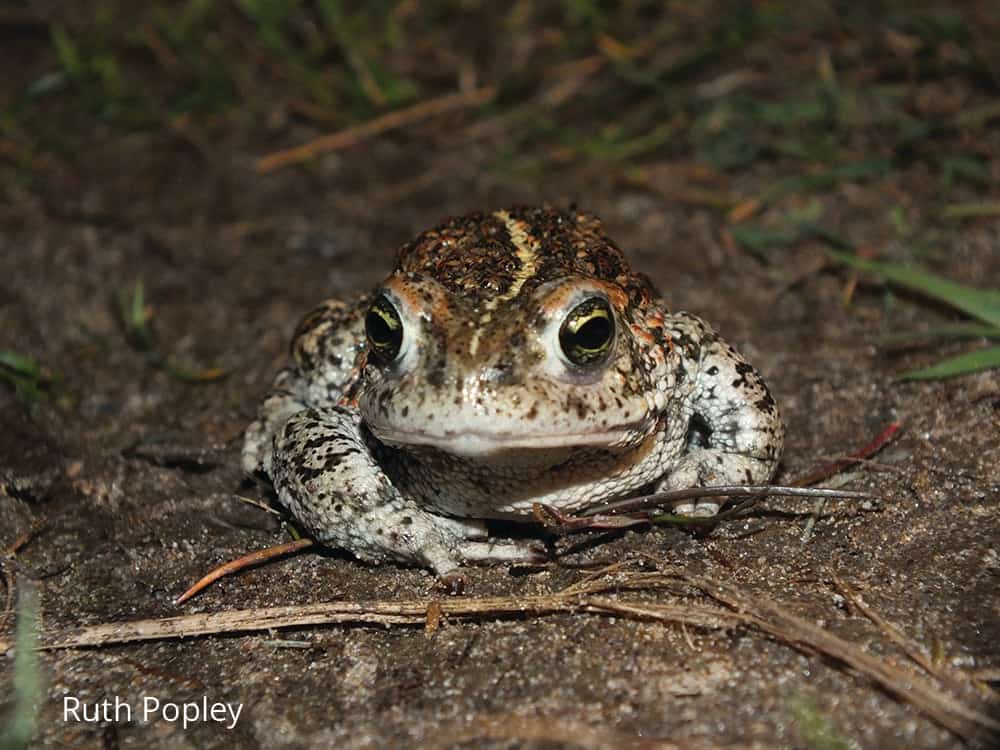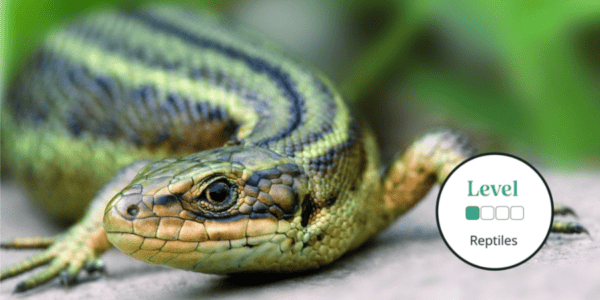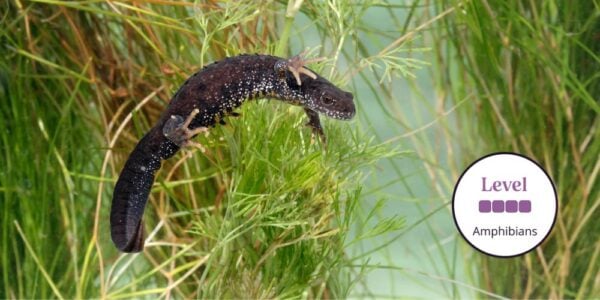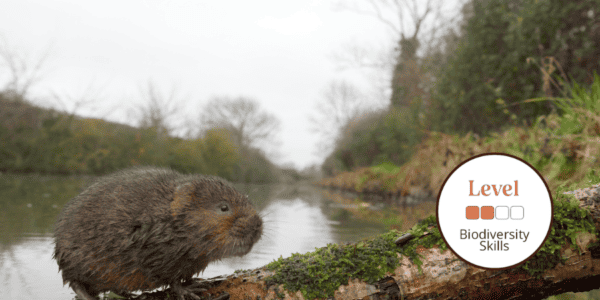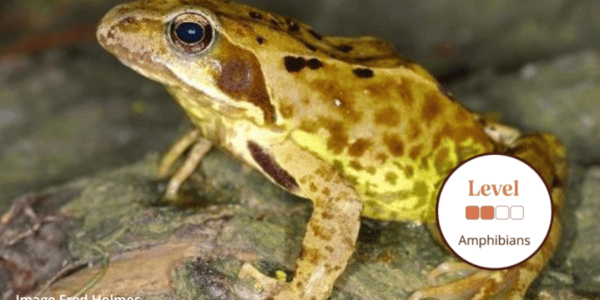This beginner natterjack toad course covers the identification and ecology of this protected species, as well as survey techniques.
This course is aimed at environmental consultants, land agents, and planners, but anyone with an interest in natterjack toads is welcome to attend.
This course will cover:
- Natterjack identification (all life stages)
- Natterjack toad ecology
- Surveying
- Habitat management and conservation
- Legal aspects and licensing
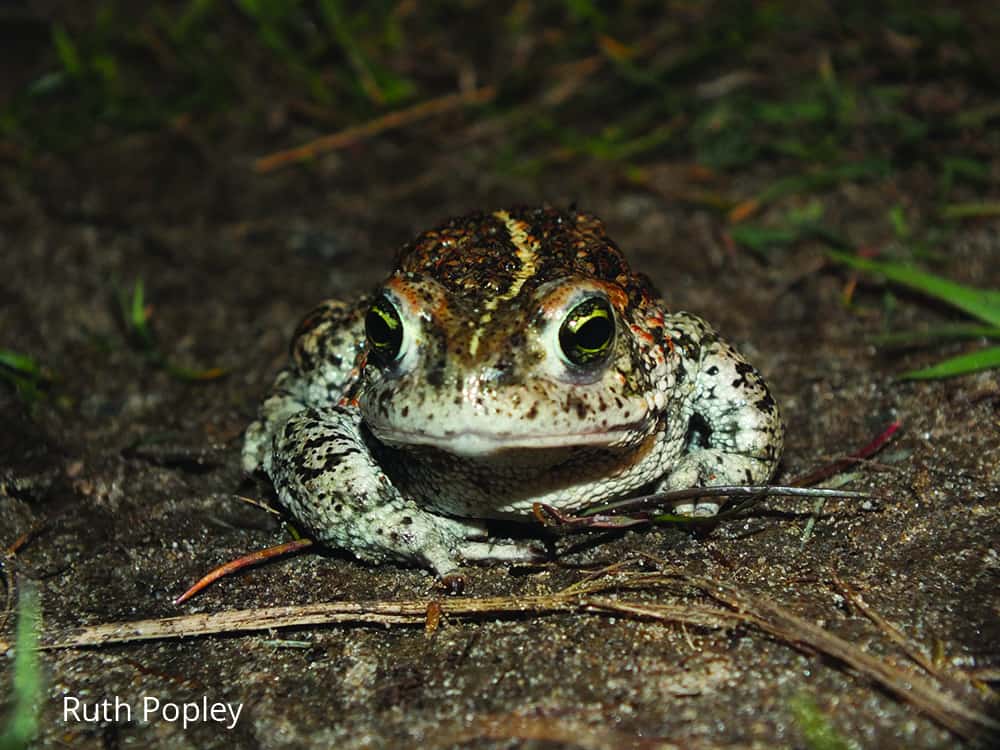
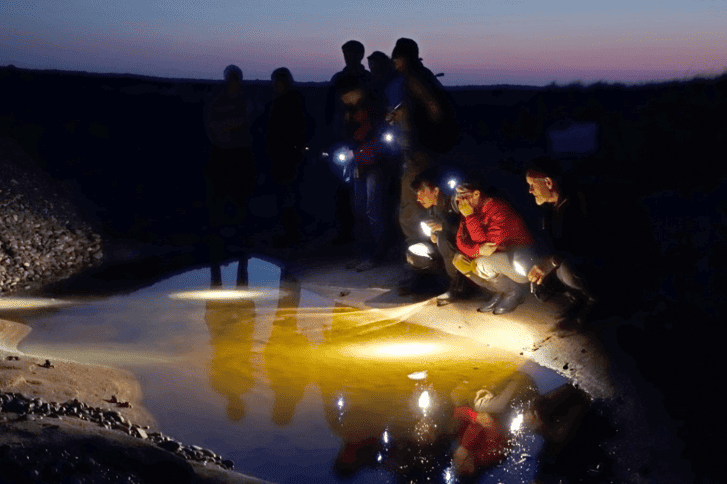
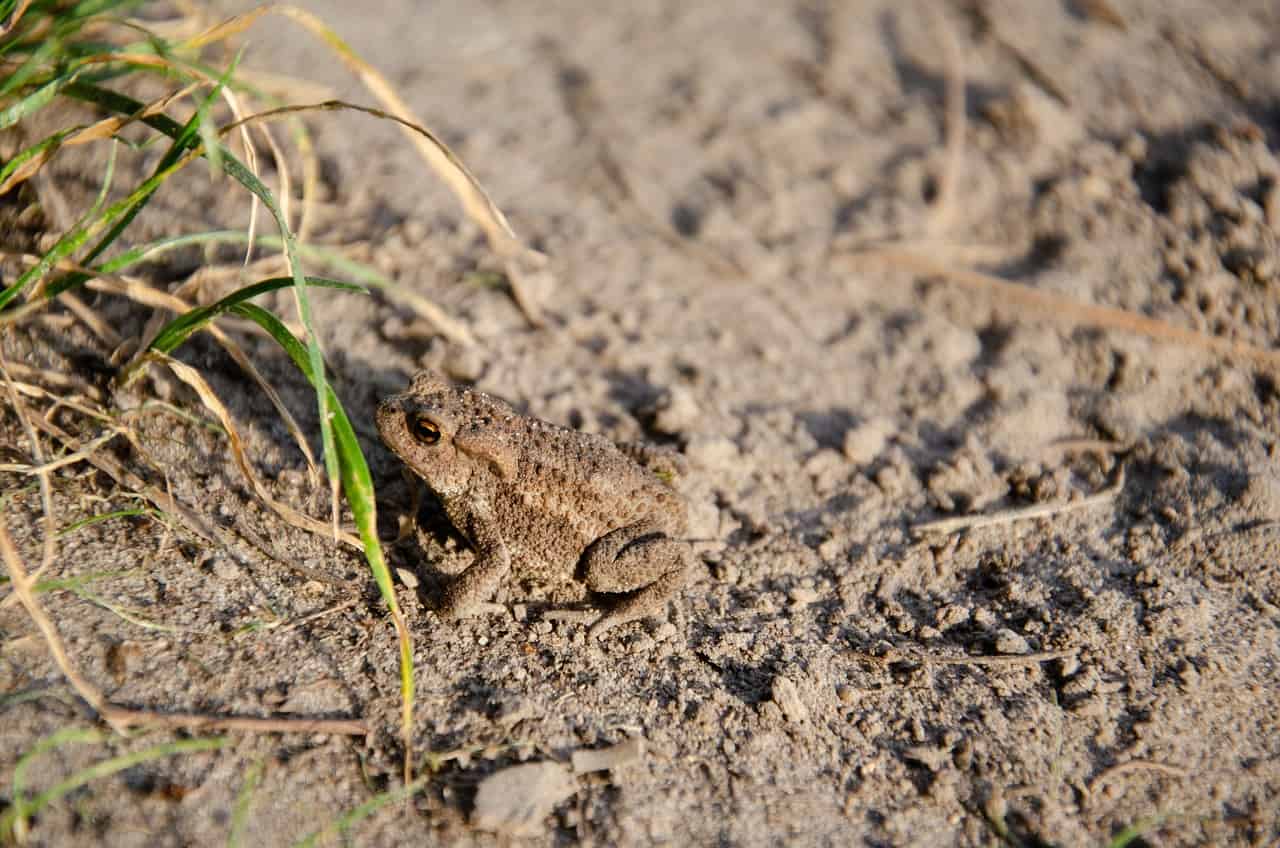
Read More
This beginner course will cover all aspects of natterjack toad ecology, surveying, and licensing. The course will combine classroom and field learning techniques, allowing you to gain confidence in natterjack toad identification and an understanding of the species ecology. You will visit a site(s) to look for natterjack toads at different life stages. Site visits are weather dependent; if the weather conditions are favourable, we would hope to see and hear adult males calling around the breeding pools. You will be visiting ponds at night to count amphibians, so a good torch is an essential piece of equipment.
By the end of the course, you will be able to:
- Confidently identify natterjack toads (all life stages)
- Understand basic natterjack toad ecology, protection, and licensing
- Describe and identify different survey techniques for natterjack toads
- Share this knowledge with friends, family, and fellow volunteers
Who should attend? – Nature enthusiasts, students, rangers, early career consultants and ecologists.
Knowledge level – Beginner. Level descriptors can be found on the following web-page: Framework and Course Level Descriptors
Prior knowledge – No existing knowledge or experience is needed for this course, just a willingness to explore and learn.
PLEASE NOTE: There is no accommodation or meal facilities provided with this course. Refreshements (tea and coffee) are provided. If we are unable to reach viable numbers for this course, we will inform you of the course cancellation 4-5 weeks prior to the course run. We would recommend when purchasing accommodation and/or travel you should take out your own insurance.
Bookings will close if course capacity is reached.
Please email [email protected] if you have any questions.
About our partner, ARC
The Amphibian and Reptile Conservation Trust (ARC) was established in June 2009. ARC was created around the core of the Herpetological Conservation Trust (HCT), in response to the wider needs of herpetofauna conservation, providing the UK focus for all aspects of reptile and amphibian conservation. ARC continues to focus on the UK Biodiversity Action Plan, creating an extensive network of nature reserves, coordinating monitoring programmes and volunteer networks and developing an effective role in advocacy both within the UK and Europe.
About the Tutor
This course is delivered by more than one expert tutor. Your tutor will depend on the location of the course you book.
Andrew Hampson
Andrew currently works as a Reserves Officer for Lancashire Wildlife Trust and previously worked for Amphibian and Reptile Conservation Trust for 4 years. For almost 7 years, Andrew has been delivering training courses, undertaking monitoring and coordinating volunteers in the monitoring of natterjack toads.
Dorothy Driver
Dorothy is one of Amphibian and Reptile Conservation’s (ARC) species team, in her role as Species Coordinator and Great Crested Newt Conservation Officer. Her role includes policy and advocacy work, training, and contributing to the National Amphibian and Reptile Monitoring Programme. Dorothy has worked for ARC (formerly the Herpetological Conservation Trust) since 2004.
Mandy Cartwright
Mandy Cartwright is a conservation ecologist who has been working with amphibians and reptiles for over 15 years. She is the north Wales officer for Amphibian and Reptile Conservation Trust, where she manages a suite of reserves and projects dedicated to conserving amphibians and reptiles and their disappearing habitats.
Example Timetable
Timings of this course vary between locations, so please carefully check the times on the course run (the section where you can add the course to your basket towards the bottom of this page).
What's Included
The course has been carefully created by expert tutors and educators to help you continue to build and develop your knowledge and apply it within the field surrounded by like-minded individuals.
The course includes:
- Classroom learning covering the theory of the species
- Field excursions to apply new knowledge
- Expert tuition for which the Field Studies Council is renowned
- Clear objectives and progression
- Refreshments (tea and coffee)
You can rest assured that the absolute best content from an expert in environmental education will be provided. In choosing a Field Studies Council course, you will be joining thousands of people who learn with us each year.
Bursaries and Subsidies
Student Discount
This course is eligible for a student discount. If you are a current student, please use discount code BioStudent20 at checkout for 20% off all Biodiversity courses.
Natural History Bursaries
There are a number of natural history bursaries available to help with the cost of your course. To find out if you and your chosen course are eligible, read more here.
Before You Attend
What to bring:
- Wellies*
- Warm clothing
- Waterproofs
- Head torch and/or powerful torch** (e.g. Clu Light) / Torch
- Lunch and refreshments
- Small bag to carry personal items
- Notepad and pen to make notes
* NB: Footwear used for the site visit must be clean (be free of mud) ahead of the training event; all attendees will be expected to disinfect their footwear on the day before the field work session (appropriate disinfectant solution will be supplied).
**We will be visiting ponds at night to count amphibians, so a good torch is essential. The torch facility on mobile phones is inadequate. There will be a member of staff with first aid training and access to a first aid kit on site. The fieldwork will take place on sand dunes with eneven ground which may not be accessible to those with limited mobility. If you have special medical or access requirements, please let us know as soon as possible so we can plan the course appropriately.
Opportunities to attend this course
-
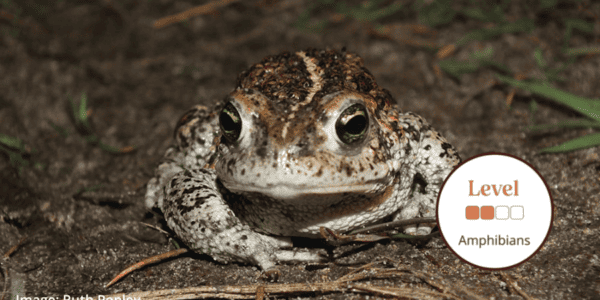
Wed 01, May 2024 10:30 - 22:30
Please note that this course run has a higher fee due to the longer hours.There is no accommodation, transport, refreshments, or meal facilities provided with this course - you will need your own transport for accessing an evening meal. Please book local accommodation if you require overnight stays and ensure you take out the appropriate insurance.There is free parking adjacent to the building, and you can find a map of where to find the Ainsdale Discovery Centre at the bottom of this webpage.
No current dates for this course? Click here to view all the upcoming Natural History courses.
Progress Your Learning
This is a training course from the Field Studies Council, delivered by expert tutors with an approachable learning style. After attending this course, you may like to progress your learning with further relevant courses or branch out into other areas of natural history. The Field Studies Council offers both online and in person courses, so you can choose the learning style that suits you best.
The course gives you the opportunity to immerse yourself in a new subject and acquire novel skills. Our online portal gives you time to study at your own pace and fit the lessons around your own schedule.
If you have any questions about our courses please check our Frequently Asked Questions or email [email protected].
Group Bookings Made Easy
If you have a group of 10 or more individuals wanting to complete one of our courses, our team are available to discuss your options – from discounts to private team courses. Click here to find out more!
You can rest assured that the absolute best content from an expert in environmental education will be at your fingertips. In choosing a Field Studies Council course, you will be joining thousands of people who learn with us each year.

